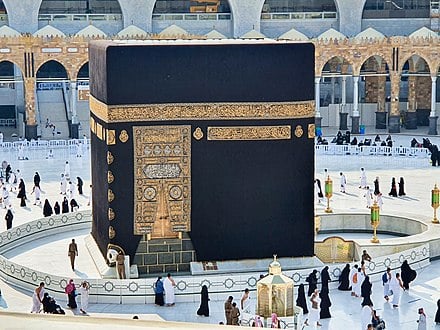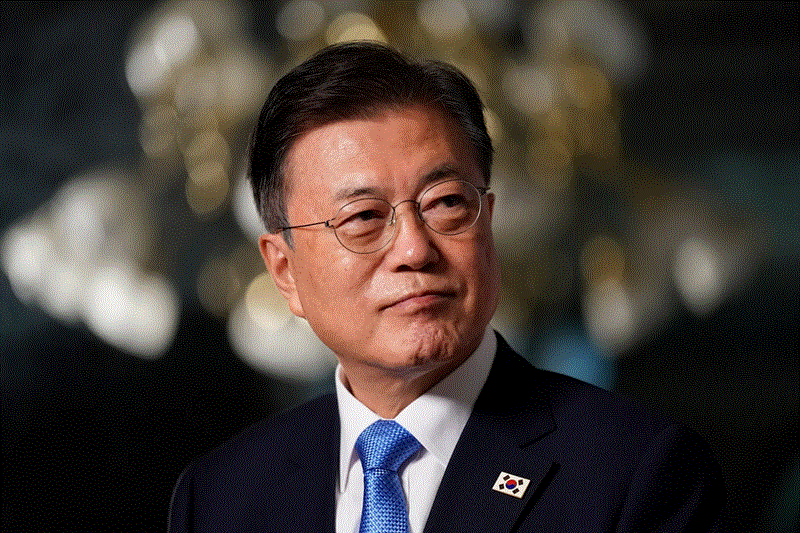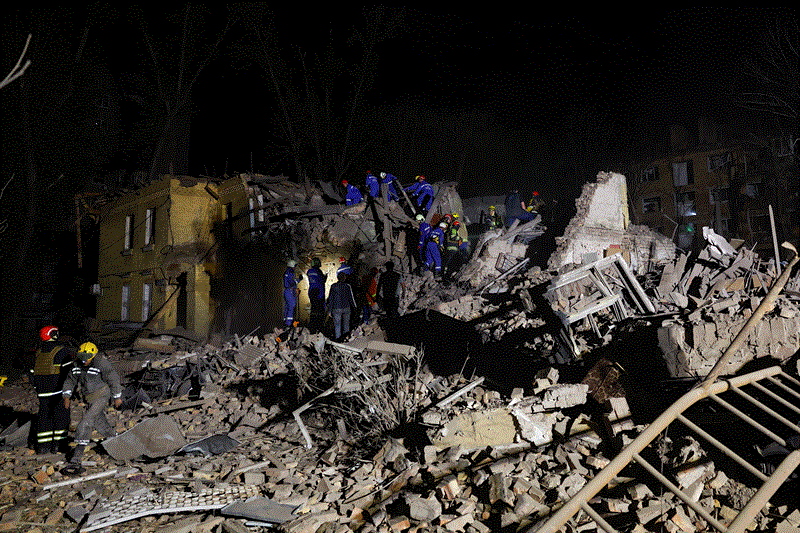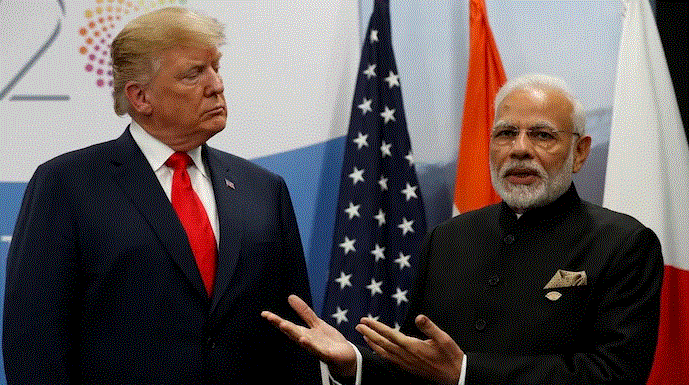Saudi Arabian Ramadan Restrictions: Muslims Are Angry That There Will Not Be Any Iftar In Mosques Or Broadcasts Of Prayers

Recently, the Saudi Ministry of Islamic Affairs unveiled new Ramadan regulations that have angered many Muslims around the globe. These adjustments, in the opinion of analyst Sami Hamdi, signal a shift toward a new Saudi identity without Islam as its central tenet. Hamdi stated on Twitter that MBS is pushing Islam out of public life in support of this claim.
The Islamic Ministry published a collection of guidelines and limitations for the 2023 holy month of Ramadan. These regulations forbid the use of loudspeakers, unidentified i’tikaf, prayer broadcasts, and iftar in churches.
The new regulations will forbid mosque contributions and forbid iftar meals after sundown in mosques starting in 2023. In addition, prayers must be brief, minors are not permitted in mosques, and worshippers must carry identification with them. Prayers cannot be broadcast, and volume levels must be kept low everywhere but the major mosques in Mecca and Medina.
The new guidelines state that petitions must not be prolonged and must only contain specific supplications. It is also advised to study enlightening books about the mosque community. If cameras are present in the mosque, they should not be used to record the rituals of the congregation or the imam. Media should not be used to disseminate prayers.
The imam is in charge of authorizing anyone who requests permission to remain in the mosque for i’tikaf. There should be no financial donations gathered for initiatives to feed fast-observant individuals. If food is provided for individuals who are fasting, it should be done in designated areas and cleaned up afterward. According to the new regulations, there should be no temporary tents or rooms put up for iftar.
After the order was posted on Twitter, one user disagreed with some of the statements while acknowledging the reasoning behind others. He claims that although it emphasizes that non-Saudi Muslims should not be subject to any restrictions during Ramadan, the document appears to entail censorship.
He also asked for treating all Muslims equally, despite of nationality or ethnicity, as Ramadan is a time of worship and celebration. He added that it is essential to allow for small tents where people can gather, socialize, and connect.
News Mania Desk






